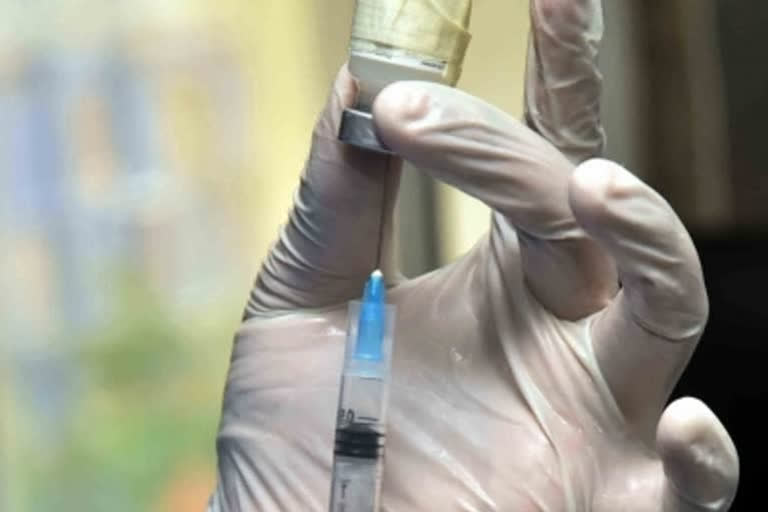New Delhi: Four out of ten citizens who got Covid treatment in a hospital during the ferocious second wave that ravaged the country in April-May this year, had to pay bribe for availing various facilities such as getting admission, bed or ventilators in hospital, showed a survey.
82% of the total were required to pay bribe, paid it for availing four most basic facilities such as for getting admission in a hospital, bed, ventilator or medicines.
A survey conducted by the community based social media platform the Local Circles showed 9% paid bribe for reduction in the bill amount and an equal number of respondents paid the bribe for getting updates about their patients or for visiting them in ICU. These bribes were paid to hospital administration and other staff. The survey showed that ward boys were the main beneficiaries of the bribe during the second wave.
What is important that not a single respondent said that they paid bribe to a doctor or a nurse. Respondents wanted the government to enforce protocols to fix accountability so that such practices do not recur during any third wave.
The second covid wave, triggered by Delta variant of the virus was first discovered in India early this year. It caused unimaginable pressure of hospitals and healthcare services as millions of caregivers were running from post to poll for oxygen cylinders, concentrators, refill of oxygen cylinders from filling stations, Covid drugs such as remdesivir and fabiflu 400 mg tablets among others.
The acute shortage of Covid drugs and equipments led to creation of black market suppliers that charged exorbitant amount of money from caregivers and the survey showed corruption was rampant.
The survey was conducted ahead of International Anti-Corruption Day that falls on December 9 every year. It covered more than 16,000 respondents in over 300 districts in the country. Men accounted for two third of respondents while women accounted for the remaining one-third participants. More than 40% respondents were from either metro cities or tier-1 towns, 32% were from tier-2 towns, and little over a quarter of respondents were from towns and rural areas.
As reported by ETV Bharat in July last year, the price of Covid drugs such as remdesivir went up in the black market as the life-saving drug was not easily available through the formal channels.
A caregiver had then told ETV Bharat that the price of the Covid-19 drug remdesivir went up in the black market in Delhi-NCR region as if it was gold. The situation was even more grim during the second wave. The healthcare infrastructure was unable to handle the volume of Covid cases, leaving a fertile ground for perpetrators to take advantage of the situation of caregivers in exchange of money or a bribe. In the absence of a proper system to get an update about the patient’s health status, many caregiver even bribed ward boys.
The services that required payment of bribes also included visit to patients in ICU, other wards, and citizens were required to pay bribe even for reduction in bill value or timely processing of insurance coverage.
Twenty-eight percent respondents paid bribe to ward-boys, 27% paid bribe to administration staff, nearly one in ten respondent paid bribe to a facilitator (a local politician, government employee or middlemen) and the same number of respondents paid bribes to pharmacy and chemist.
A separate survey conducted by the social media platform in September this year had showed that 13% citizens were over-charged for a RT-PCR test, and nearly one in five citizens paid more than maximum retail price (MRP) for Covid drugs such as Tocilizumab, Remdesivir and Fabiflu and other drugs.
The earlier survey had showed that more than two-third of them were over-charged for hiring ambulance service and half of them paid more than 5 times of the regular fee. More than one-third of the respondents paid over MRP for Covid related other supplies such as oximeters, oxygen concentrators, and oxygen cylinders.
Also Read: Frequently Asked Questions on new COVID Variant- Omicron



